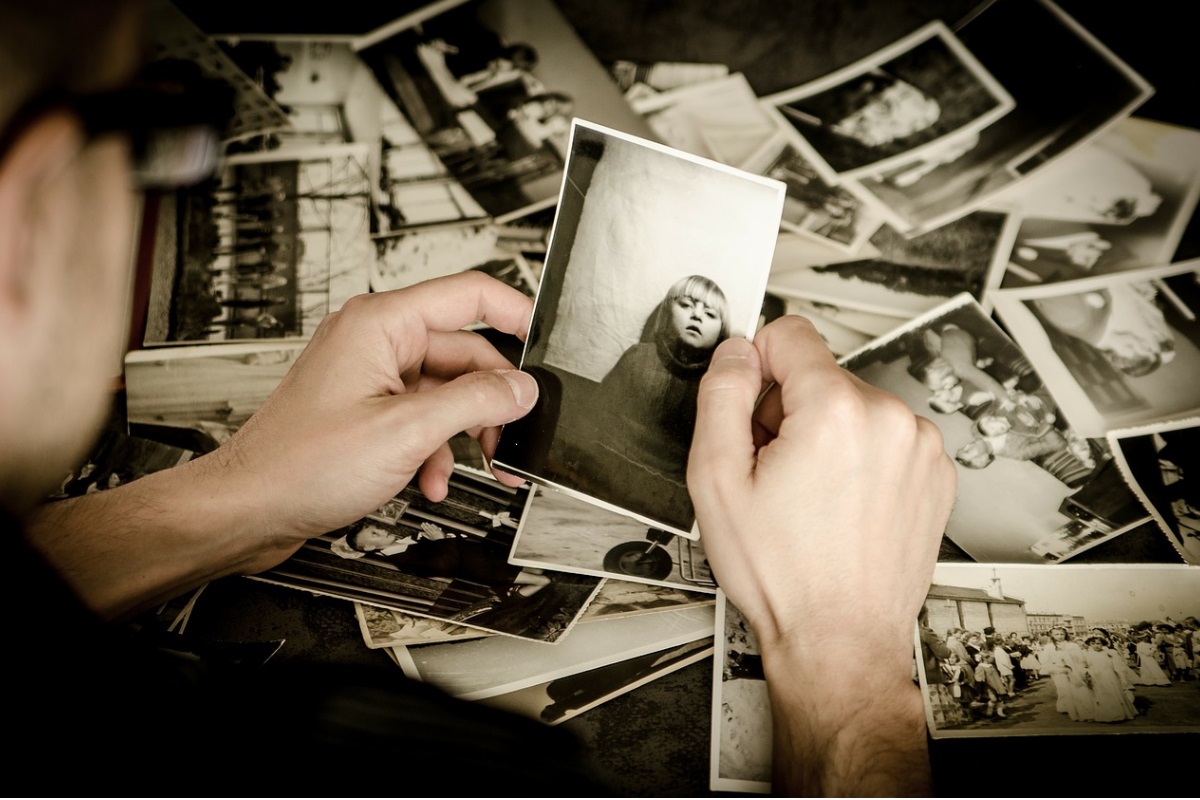One Month After Losing a Loved One: What Now?

There is no quick and easy way to handle the loss of a loved one. Losing a spouse, friend, sibling, or parent is one of hardest challenges we must tackle in life, and everyone reacts to and copes with grief differently. It’s important to remember that grief is individual and unique, and it’s completely normal and natural to feel all kinds of complex emotions.
“Emotions may vary from shock to relief, from fear to peace, from guilt to assurance, from anger to calm, from depression to joy,” says Jeff O’Dell, a Bereavement Counselor with Crossroads Hospice and Palliative Care.
If there is one common emotion, though, it’s the sense of being overwhelmed. From arranging funeral plans to coordinating with friends and family, filing death certificates, and beyond, there is a lot to sort through and deal with in the first month of grief.
If you know someone on hospice, you may be wondering what life might look and feel like a month after losing a loved one.
Accepting your loss
While many people may feel shocked at the time of their loved one’s diagnosis, they are typically not as surprised when their loved one dies. For most family members and friends, hospice has allowed them to accept the reality of their loved one’s declining health and prepare for what’s to come.
Once the busy funeral processions are over and people have returned home, however, the feelings of loneliness and loss can begin to set in.
“After a month, [most family members] are just beginning to adjust to the realization that this loss is permanent,” says Jeff.
Oftentimes, family members and friends may feel guilty or ashamed for going back to their normal life so quickly after their loss and may wonder how they can go on without this individual in their lives. These feelings are completely normal – be patient and fair to yourself as you start to heal.

Coping and healing
There is no universal way of coping with losing a loved one – especially during the first month of grief. Everyone heals in his or her own way at his or her own pace. There is a lot to unpack, and healing involves tending to many areas including the cognitive, emotional, behavioral, physical, and even spiritual realm.
In order to ignite the healing process, Jeff recommends starting by building a strong support system – of friends, family, or even a support group – who can you share your emotions with. Being well rested, maintaining a healthy diet, and exercising can help your mind and your body to heal as well.
Talking with a clergy member or chaplain can help you connect with your spiritual beliefs to further understand and accept your loss.
Making time to check in and reflect
Throughout the healing process and first month of grief, it’s important to regularly check in with yourself and make note of your progress and your emotions.
“A good question to ask would be, ‘Is the individual functioning – maybe not as before, maybe not in the way that they would like, and maybe not at 100 percent – but are they able to go about daily activities?’” says Jeff.
If you or a family member or friend seem stuck and unable to move on after a month, consider meeting with a trained bereavement counselor. These professionals can help individuals struggling with loss work through their grief.
Sometimes outside factors – such as the loss of an income, an unhealthy attachment to their loved one, or feeling overwhelmed with legal paperwork – can be interrupting with the healing process, and a bereavement counselor can help identify and address them.
If you are preparing for the loss of a loved one or recently experienced loss and are curious how a bereavement counselor can help you and your family heal, contact us at 1-888-564-3405 or visit our website to learn about our Grief Recovery Program.
If you found this information helpful, please share it with your network and community.
Copyright © 2018 Crossroads Hospice & Palliative Care. All rights reserved.




